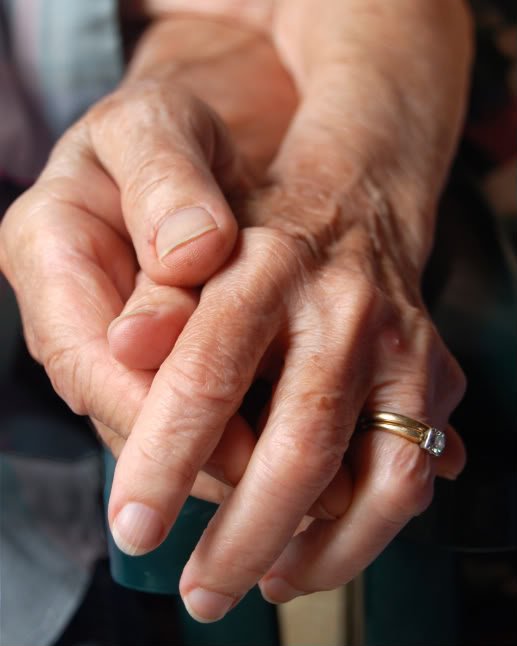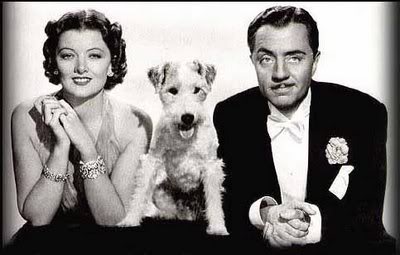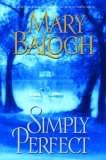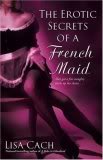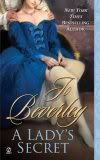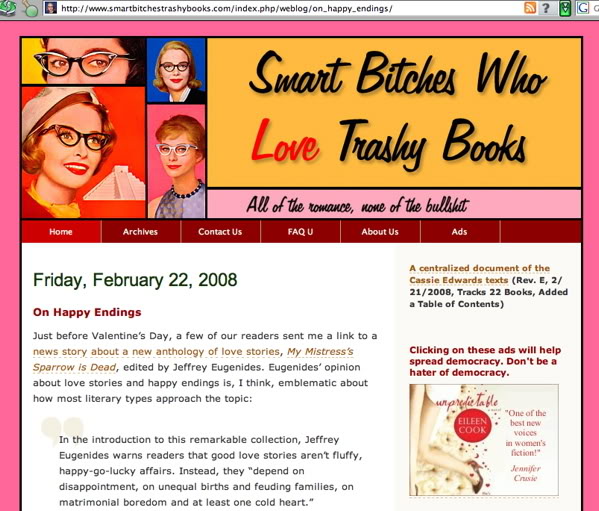In the spirit of the
Cracked piece, I share this advice against romance novels from a conservative Christian advice column:
Almost two years ago I nearly gave my virginity away to the first guy who asked for no other reason than loneliness. Since puberty I've had sex on my brain. I'm a 23-year-old Christian woman and it just doesn't seem normal for me to think about sex as often as I do. ...
Sometimes I think I am a sex addict and that the only reason I am still "pure" is that after that near-miss, I just knew that I shouldn't date until I was ready to get married. I guess my main problem is that during my weak times, if I get overtired, overstimulated, or overstressed, I'll give in to more than just the thoughts. I'll read a heap of those secular romance novels then repent and pray that when I am half asleep I won't touch myself in an inappropriate manner. Last night was one of my failures and I've yet to repent because I am afraid I'll do the same thing tonight. There are times that I feel like my prayers go unanswered because my behavior is nearly habitual. I may only fall in this area six or seven times a year but I've been going on like this for at least eight years. There is supposed to be no limit to the number of times one can repent of the same sin, but . . . [...]
And the response:
[...] Now about that self-fondling. Naturally it troubles you; but if you've repented, then God has forgiven you (yes, really), you needn't listen to the Accuser, and the practical issue is what you can do to avoid it in the future. The idea going through your head right now — that even though you're full of regret about last night, you shouldn't repent because you might fail again — is just another of the Accuser's tricks. In fact there are several things you can do. If you think a bit, you'll find that you have certain habits that awaken the temptation to touch yourself in inappropriate ways. You mention two kinds of awakeners just in your letter: One of them is letting yourself get overtired and overstressed, the other is trying to get a loneliness fix by reading secular romance novels. Exhaustion is the enemy of virtue, and those novels are the feminine equivalent of Playboy. I'm sure you can think of other such awakeners. It will be much easier for you to avoid wrong behavior if you first identify, then learn to avoid, the things that tempt you to it.
[emphases all mine, baby]
Wow. This is so me from junior high. Well, not the almost-not-a-virgin bit, because I was quite the never-been-kissed little dork, but the fear of sexuality. Fortunately, I'd gotten over it by age 23. Unfortunately, perhaps, it took marriage at 22 for that to happen.
When Sam & I got married, I was
so mad that people no longer cared what we were doing behind closed doors. They'd made such a big deal out of it up to the day we wed (when we weren't doing it), and now that they knew for sure that we
were doing it, it didn't matter anymore! What had all the fuss been about, then?
This is all bound up in the freaky-weird traditional Christian perspective of sexuality. After I got over being annoyed with people, I loved being married and no longer feeling any inhibitions or guilt.
When I was in junior high, a friend & I stumbled upon romance novels. They were the perfect insight into our budding sexuality, and I loved to read the most thrilling and naughty passages over again and again. At some point, my friend & I felt terribly convicted and we pledged to destroy all the novels in our possession.
I never touched another romance novel until my roommate in college, a Christian college, happened to be a big romance-novel buff. I started borrowing hers and loved them. This time, not just the naughty bits, though those were nice, but the stories. Oh, the stories! I was swept up in the ... well, the romance of them.
And it was about that time that I started to get a grip on what being someone who's sexual meant, and what it didn't mean. I started just not being so dang uptight anymore, like Miss 23-Year-Old Virgin who touches herself half a dozen times a year and is paralyzed with guilt.
This is one reason why, within my particular culture, I have trouble telling certain people in my life that I read romance novels and in fact am writing one. I know some people will just think they're trashy, and that's their prerogative. I just watched the movie of
The Jane Austen Book Club and had read the book too, and there's a great interchange between the sole male member of the group, Grigg, and his no-nonsense dog-breeding amour. He keeps recommending science-fiction novels, and she keeps telling him that they're uncomplicated garbage with no character development, and he finally tells her [paraphrasing],
Once you've read any at all, I'll be happy to hear your opions on them. I definitely get the impression from most people who diss romance novels that they've never picked one up.
But the slant of this post relates to the other group I fear to discuss romance novels with, and those are the people who truly think romance novels are
wrong. If they could issue fatwas, they would. They're not evil people, they're not mean, they're trying to think through this issue, and they've determined that God doesn't want us reading anything too steamy.
I think it's all bound up in the notion that sex is frightening and dirty and shameful, and I now know enough to refuse to believe that. But how to get that across to people like the advice seeker or the advice giver above?
My hope with my romance novel(s) is to present a worldview that's both moral and sexy, where the good sex is the healthy offshoot of a healthy relationship. I think it's possible, and I think it's worthy.
And, my advice to the woman afraid to touch herself
down there? Get over it, honey. Go to town.
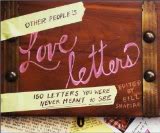

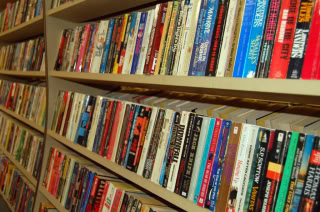 I came across
I came across 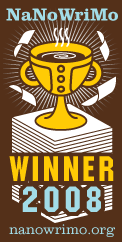

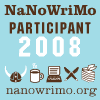
 Back during the first season of Survivor, there was an endurance test toward the end where the remaining contestants had to keep their hand on a pole. That was the only rule. One of the contestants, good old Rudy, absentmindedly removed his hand from the pole to scracth his nose or something, and then tried to play it off, but was deservedly disqualified.
Back during the first season of Survivor, there was an endurance test toward the end where the remaining contestants had to keep their hand on a pole. That was the only rule. One of the contestants, good old Rudy, absentmindedly removed his hand from the pole to scracth his nose or something, and then tried to play it off, but was deservedly disqualified.
